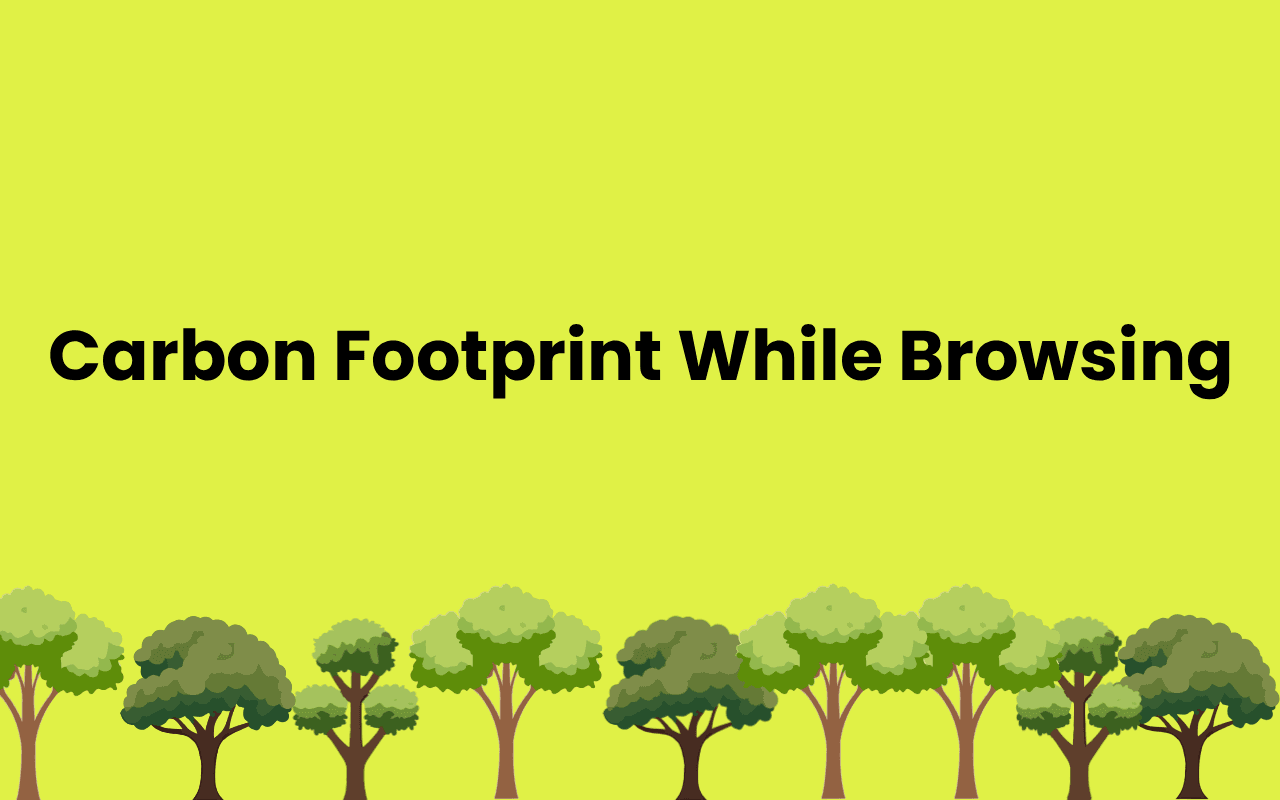
Essential Climate Change Films: Impact, Influence, and Top Recommendations
Climate change films have become a powerful tool for raising awareness, shaping public perception, and inspiring action on one of the most urgent issues of our time. From hard-hitting documentaries to thought-provoking dramas and speculative science fiction, these films offer audiences both a window into the science and the human stories behind the climate crisis.
Below is an overview of some of the most influential climate change films, their impact on viewers, and a ranked list of must-watch titles for anyone interested in the intersection of cinema and environmental action.
The Impact of Climate Change Films
Research consistently shows that climate change films can significantly increase concern, motivation, and awareness among viewers. For example, studies on films like The Day After Tomorrow and An Inconvenient Truth found that audiences became more concerned about climate change and more willing to engage in pro-environmental behaviors after viewing these movies. However, the shift in behavior is often short-term, highlighting the importance of strategic follow-up and educational outreach to turn awareness into lasting action.
Films also serve as "teachable moments," driving spikes in climate-related information-seeking and public discourse during their release periods. This effect is especially pronounced when films are paired with accessible resources and calls to action.
Top Climate Change Films to Watch
| Film Title | Type | Year | Description & Significance |
| An Inconvenient Truth | Documentary | 2006 | Al Gore’s Oscar-winning film is a landmark in climate communication, credited with bringing global warming into mainstream conversation and influencing public policy debates. |
| The Day After Tomorrow | Fiction/Drama | 2004 | A Hollywood disaster film that, despite scientific liberties, sparked widespread public concern and discussion about abrupt climate change. |
| The Age of Stupid | Docu-Drama | 2009 | Blends documentary and fiction to imagine a future devastated by climate inaction, urging viewers to reflect on today’s choices. |
| Chasing Ice | Documentary | 2012 | Follows photographer James Balog’s Extreme Ice Survey, visually documenting the rapid melting of glaciers as direct evidence of global warming. |
| Chasing Coral | Documentary | 2017 | Explores coral bleaching and the fragility of ocean ecosystems, using stunning visuals to illustrate the effects of rising temperatures. |
| Interstellar | Science Fiction | 2014 | While not explicitly about climate change, its depiction of a dying, dust-ravaged Earth driven by environmental collapse resonates strongly with climate themes. |
| Beasts of the Southern Wild | Drama | 2012 | Set in a fictional Louisiana bayou, the film draws on real-life climate impacts-rising seas, storms, and displacement-to tell a deeply human story. |
| Tomorrow (Demain) | Documentary | 2015 | Focuses on solutions, highlighting global communities tackling climate change with optimism and innovation. |
| A Life on Our Planet | Documentary | 2020 | David Attenborough’s personal witness statement and call to action, reflecting on humanity’s impact and the path to a sustainable future. |
| 2040 | Documentary | 2019 | Looks ahead to a hopeful future, showcasing existing solutions and how they could transform the planet by 2040 |
Why These Films Matter
Awareness and Education: Films like An Inconvenient Truth and Chasing Ice make complex scientific concepts accessible, helping viewers grasp the urgency of the crisis.
Emotional Engagement: Fictional and docu-drama films such as The Day After Tomorrow and Beasts of the Southern Wild use storytelling to evoke empathy and personal connection to climate impacts.
Inspiration and Hope: Documentaries like Tomorrow and 2040 shift the narrative from doom to possibility, spotlighting real-world solutions and motivating positive action.
The Role of Cinema in Climate Communication
While not every film gets the science exactly right, the collective influence of climate change films is undeniable. They visualize abstract threats, spark public conversation, and can even drive short-term behavioral change. The challenge-and opportunity-lies in using these cinematic moments to foster deeper engagement and sustained action, ensuring that awareness translates into real-world impact.
For anyone seeking to understand, feel, and act on climate change, these films are essential viewing.


